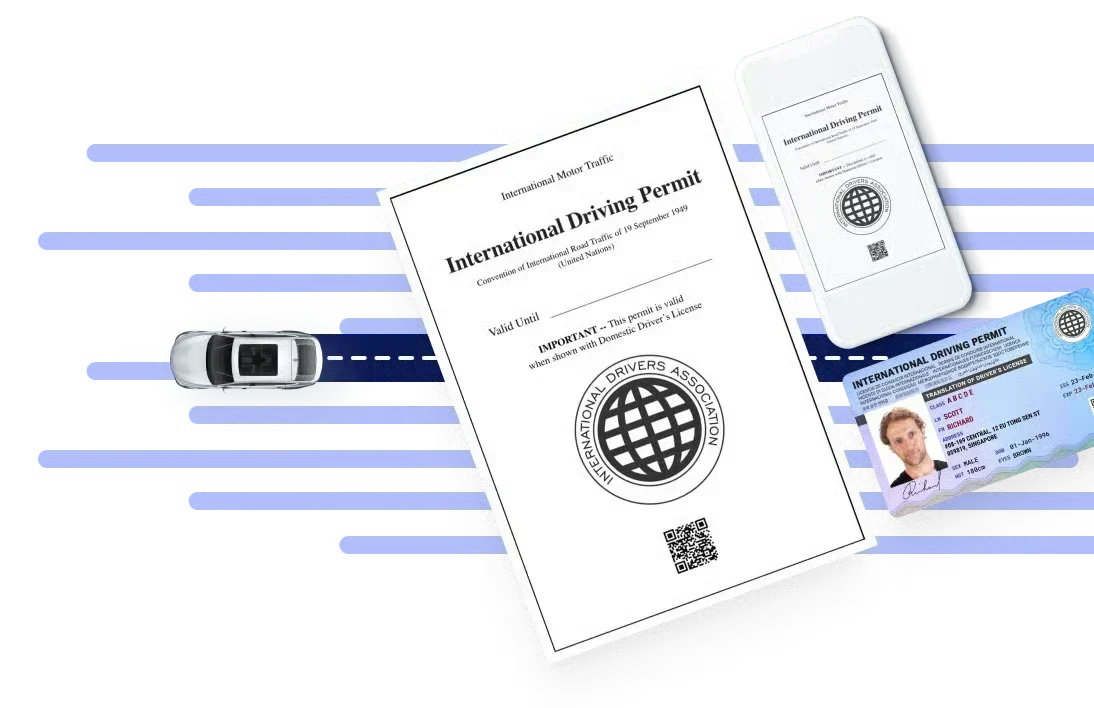Planning a trip to Lithuania? This Baltic gem is an enchanting blend of medieval charm, natural beauty, and vibrant city life. From Vilnius’ cobblestone streets to the sandy beaches of the Curonian Spit, Lithuania has something for everyone. Here’s a snappy and informative guide to help you make the most of your Lithuanian adventure!
Essential Travel Documents
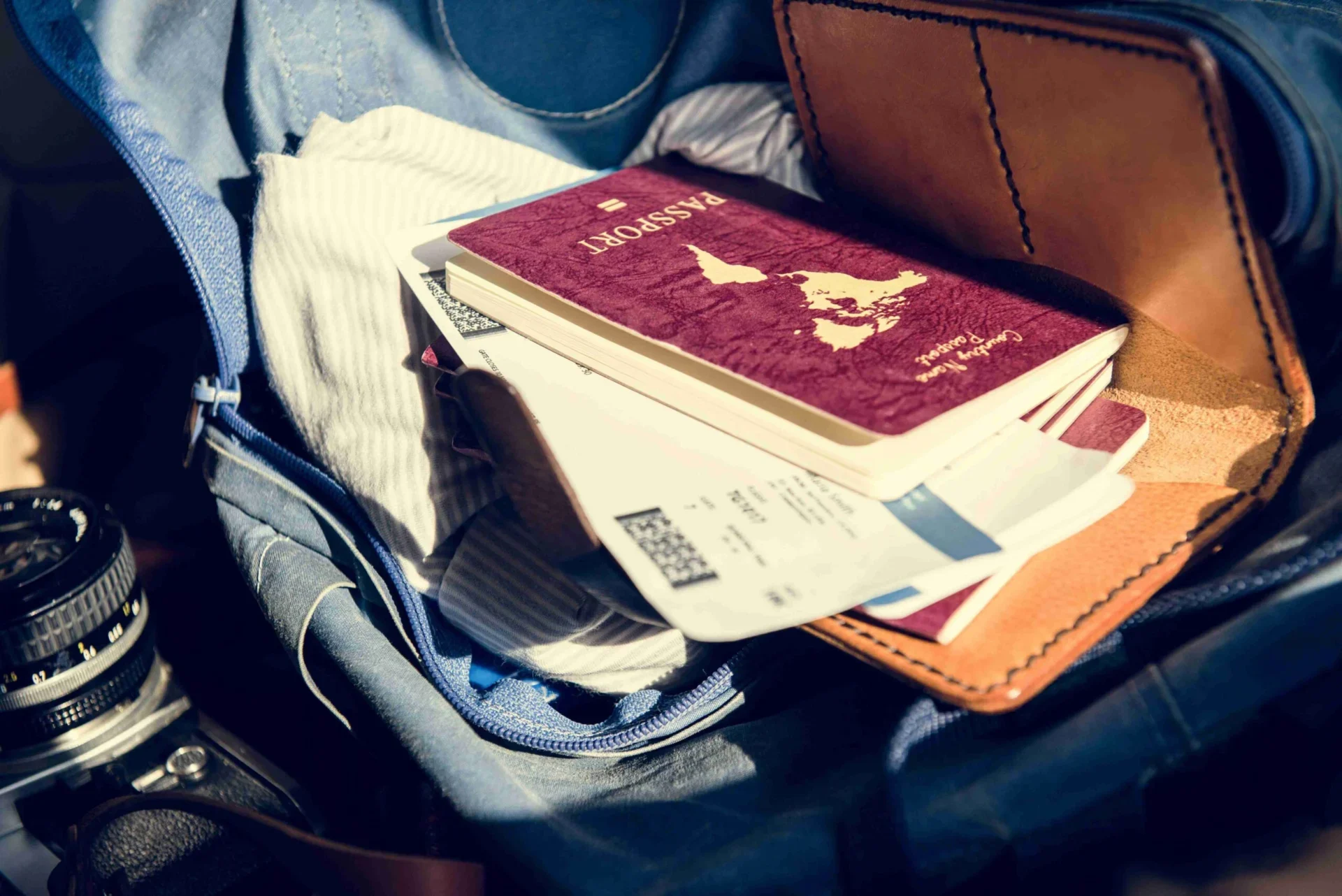
Source: Photo by Curated Lifestyle on Unsplash
Before you pack your bags, let’s talk about paperwork. To visit Lithuania, part of the Schengen Zone, you’ll need:
Valid Passport
Ensure it’s valid for at least 6 months beyond your travel dates. Check expiration dates carefully to avoid last-minute stress.
Schengen visa
A Schengen Visa is required if you’re not from a visa-exempt country. Apply early, as processing times can vary. It’s your ticket to travel across 27 European countries, including its Baltic neighbors, Latvia and Estonia.
Travel insurance
It’s not just a good idea; it’s mandatory. Your policy must include medical coverage of at least €30,000.
International Driving Permit (IDP)
Planning to cruise around Vilnius to Kaunas? You’ll need an International Driving Permit (IDP). Get yours now from the International Driver’s Association (IDA), offering 1-year, 2-year, and 3-year IDPs to suit any travel plan.
Local Customs and Etiquette
To make the most of your visit, it’s important to understand and respect local customs. Lithuanians are known for their hospitality, but certain etiquette rules can enhance your experience:
Brush Up On Basic Greetings
- Hello / Hi – Labas.
- Good Morning – Labas Rytas
- Good Day/ Good Afternoon Laba Diena
- Good evening – Labas Vakaras
- Good night – Labanakt / Labos Nakties.
Respect personal space
Lithuanians value their personal space. Hugging or touching is reserved for close friends and family. A handshake is your best bet when meeting someone.
Tipping
While not mandatory, rounding up the bill at cafes or restaurants is a kind gesture. Some upscale establishments may include a service charge.
Dress appropriately
Churches, such as the iconic Vilnius Cathedral, are sacred spaces. Avoid wearing revealing or casual beachwear when visiting these sites.
Punctuality
Being on time is common in Lithuania. Whether it’s for a meeting or a dinner reservation, arriving late might be seen as disrespectful.
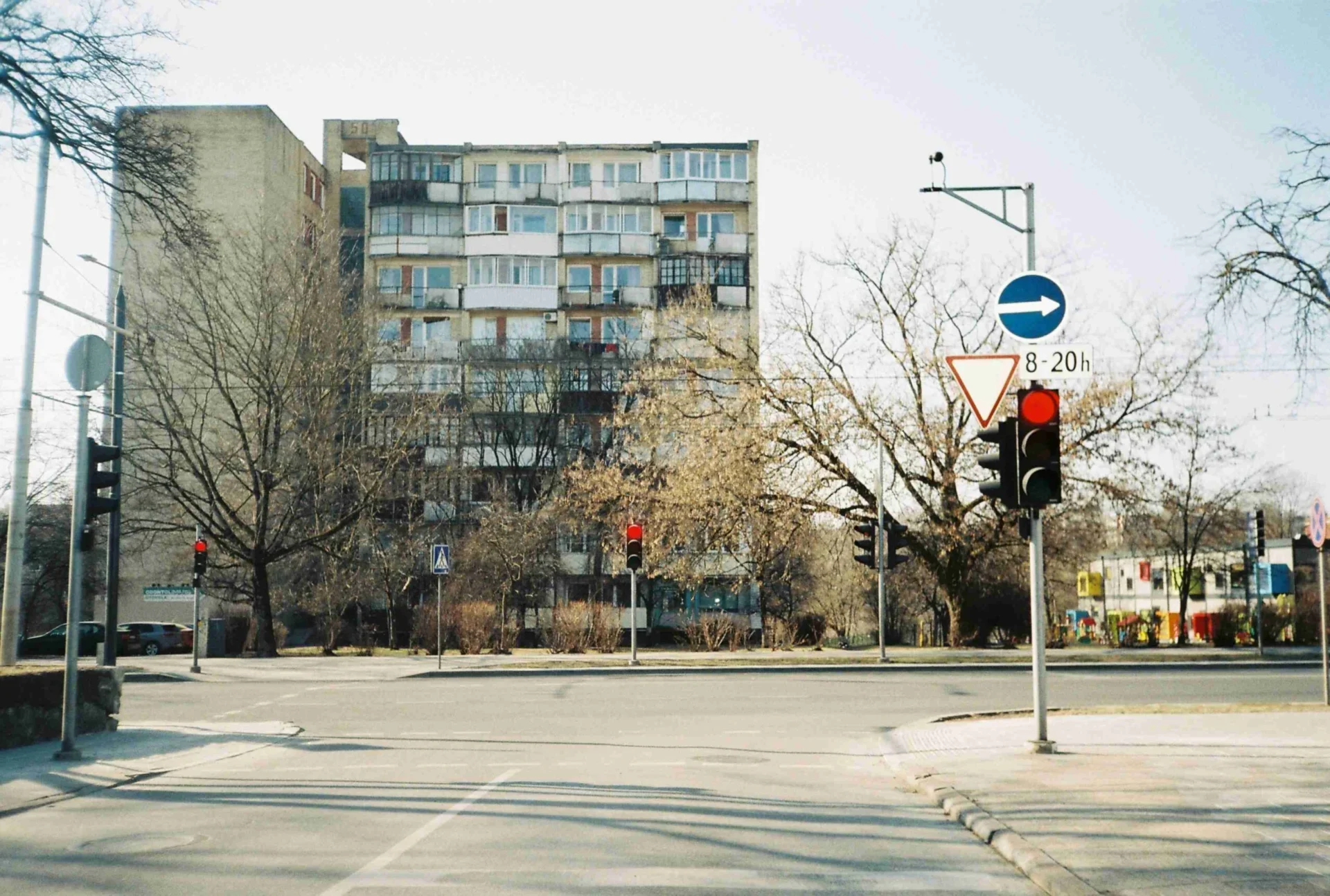
Source: Photo by Vesta Rugilė Nausėdaitė on Unsplash
Getting around Lithuania is convenient and straightforward. Here’s how to explore the country:
Public transportation
Buses and trains connect major cities and towns, and tickets are affordable. Vilnius, Kaunas, and Klaipėda have extensive public transit systems, including trolleybuses and city buses.
Taxis
Widely available, but using apps like Bolt ensures fair pricing and easy access.
Cycling
Riding a bike is popular in Lithuania, especially in scenic areas like Aukštaitija National Park. Many cities have bike rental options and designated bicycle paths.
Wi-Fi
Lithuania ranks high for internet connectivity. Free Wi-Fi is available in coffee shops, bus stations, and even some public parks, making it easy to stay connected and navigate with apps like Google Maps.
Language barriers
While most younger locals speak English, it’s helpful to know a few basic Lithuanian phrases, such as “Ačiū” (“Thank you”).
Weather and Best Time to Visit
Kuwait’s weather can be intense, so timing your visit is essential:
Summer
From May to October, temperatures soar above 50°C. Outdoor activities are challenging, and air-conditioned spaces become your best friend.
Winter
November to March offers cooler weather, with daytime temperatures ranging from 15°C to 25°C. This is the perfect season to explore outdoor attractions.
Spring and Fall
Short transitional seasons bring occasional sandstorms. Keep an eye on weather reports and monitor local media for updates.
Getting Behind the Wheel
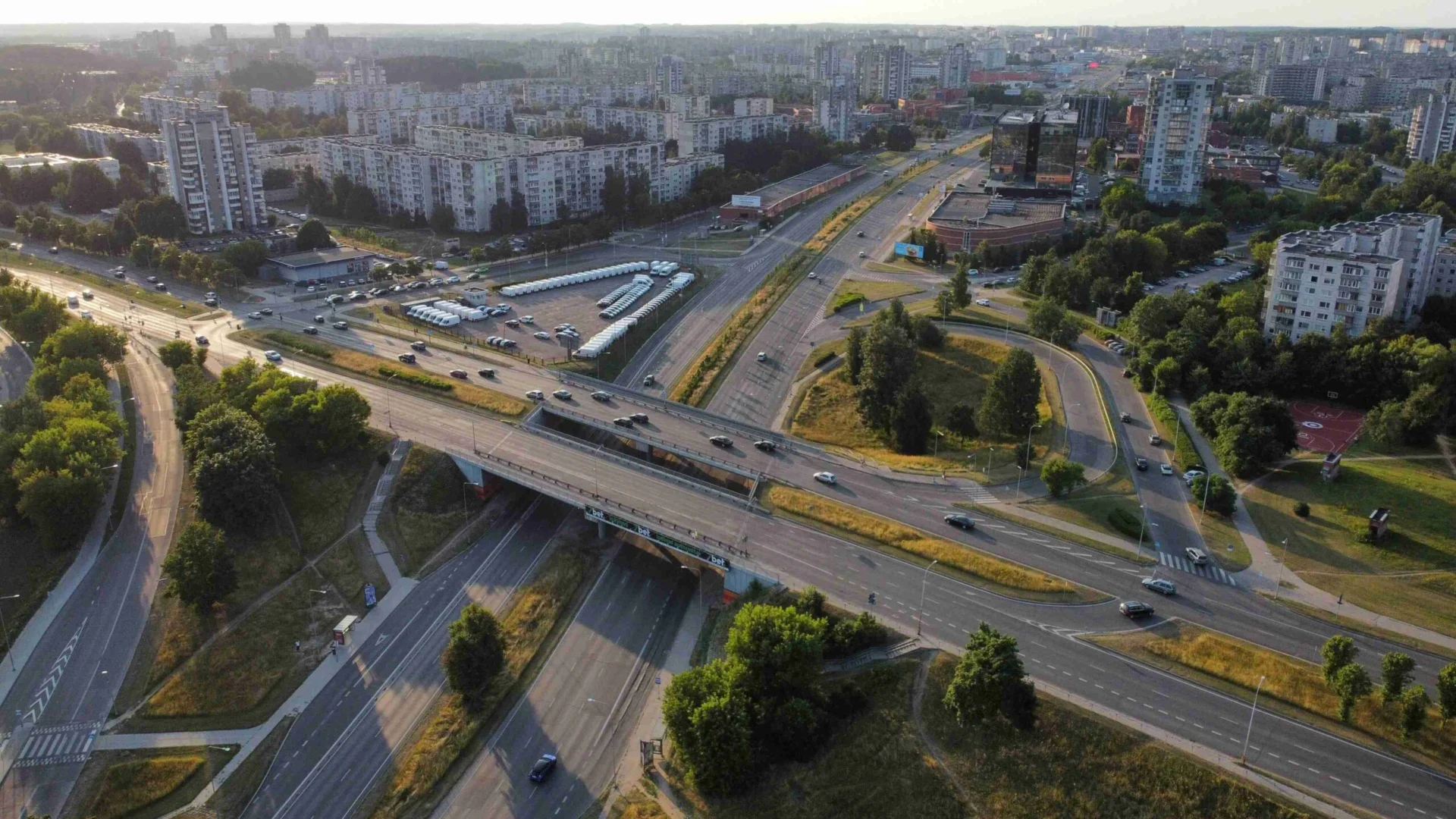
Source: Photo by Robert Noreiko on Unsplash
Driving in Lithuania is one of the best ways to explore hidden gems and vibrant landscapes.
- Rent a Car: Renting a car gives you the freedom to explore destinations like the Curonian Spit.
- Road rules: You’ll be on the right side of the road. Carry your license, IDP, and proof of insurance at all times.
- Parking: In big cities, parking can be challenging in historic Old Town areas. Look for designated parking zones or paid lots.
- Road Conditions: Roads are well-maintained, but winter trips can be tricky due to icy conditions. Equip your car with winter tires if you’re traveling between November and March.
Safety Tips
Lithuania is one of the safest countries in Europe, but a few tips can ensure a worry-free trip:
- Tap water: Safe to drink throughout the country, so refill your bottle to save money and reduce plastic waste.
- Stay vigilant: Keep an eye on your belongings, especially in crowded tourist spots.
- Weather preparedness: The weather of the country can change rapidly, so pack layers and a rain jacket.
- Emergency numbers: Dial 112 for police, fire, or medical emergencies. Most operators speak English.
- Local currency: Lithuania uses the euro. Credit and debit cards are widely accepted, but carry some cash for smaller shops or rural areas.
Accommodation Options
Lithuania offers a wide range of accommodations to suit all budgets:
- Hostels: Affordable and social, with options in urban centers like Vilnius and Kaunas.
- Hotels: Prices vary from budget-friendly to luxury stays.
- Airbnb: A popular choice, offering everything from cozy apartments in Vilnius to rural retreats.
- Unique stays: For a memorable experience, book a night in a countryside cabin or a historic manor.
Tourist Spots and Attractions
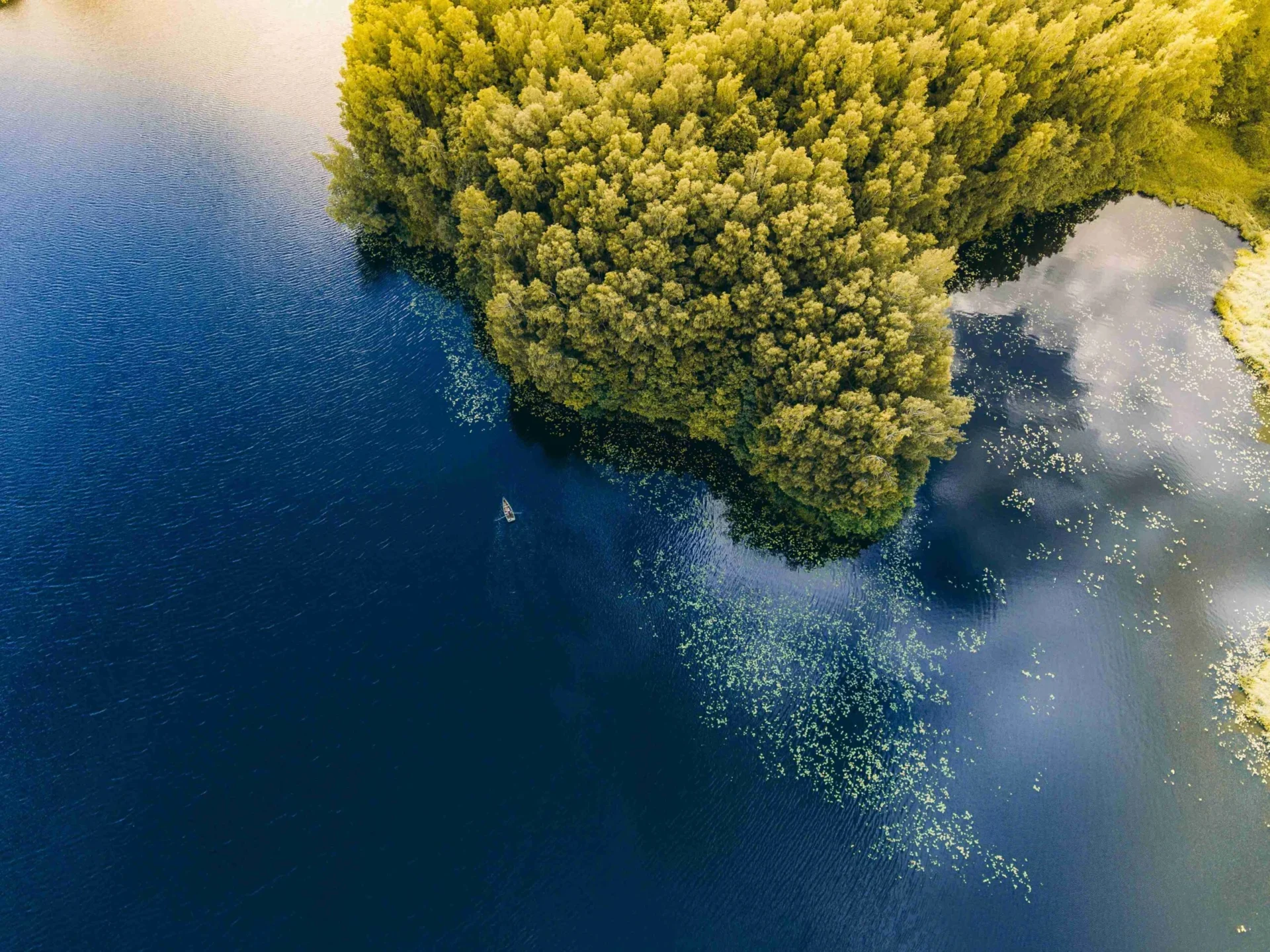
Source: Photo by Humphrey Muleba
Lithuania is packed with must-see sights and hidden treasures:
- Vilnius Old Town: A UNESCO World Heritage site, known for its neoclassical architecture, cobblestone streets, and vibrant coffee shop culture.
- Hill of Crosses: Located near Šiauliai, this haunting pilgrimage site symbolizes national resilience during the Soviet occupation.
- Curonian Spit: This 98 km stretch of dunes along the Baltic Sea is perfect for nature lovers and beach enthusiasts.
- Trakai Castle: A medieval red-brick castle surrounded by lakes, just a short trip from Vilnius.
- Museum of Occupations and Freedom Fights: Learn about local history under the Soviet Union in this thought-provoking museum.
- Užupis: Often compared to Montmartre in Paris, this bohemian neighborhood is filled with art, galleries, and quirky cafes.
Local Cuisine
Lithuanian cuisine is a celebration of hearty and flavorful dishes:
- Cepelinai: The country’s national dish, these potato dumplings stuffed with meat are a must-try.
- Beetroot soup: Served cold in summer and warm in winter, this soup is both delicious and iconic.
- Potato pancakes: Crispy and often served with sour cream.
- Mead: A traditional honey-based drink that pairs perfectly with Lithuanian desserts.
- Sparkling wine: Popular in Lithuania’s vibrant nightlife, especially in Vilnius and Kaunas.
Frequently Asked Questions (FAQs)
Do Lithuanians speak English?
Many do, especially in major cities like Vilnius and Kaunas. However, learning basic phrases like “Labas” (“Hello”) can go a long way.
Is public transportation reliable?
Yes, Lithuania’s public transit system is both convenient and affordable, connecting cities and rural areas alike.
Can I use euros in Lithuania?
Yes, Lithuania uses the euro, making transactions seamless for EU travelers.
Is it safe to bike around Lithuania?
Absolutely! Cycling paths are common in Lithuania, especially in parks and coastal areas.
Get a Taste of Lithuanian Lifestyle
Lithuania is a treasure trove of culture, history, and natural beauty. Whether you’re strolling through Vilnius, taking a day trip to Kaunas’ museums, or basking in the dunes of the Curonian Spit, this Baltic state offers a journey you won’t forget. Pack your bags, grab an IDP, and get ready to explore the Republic of Lithuania in 2025 and beyond!

